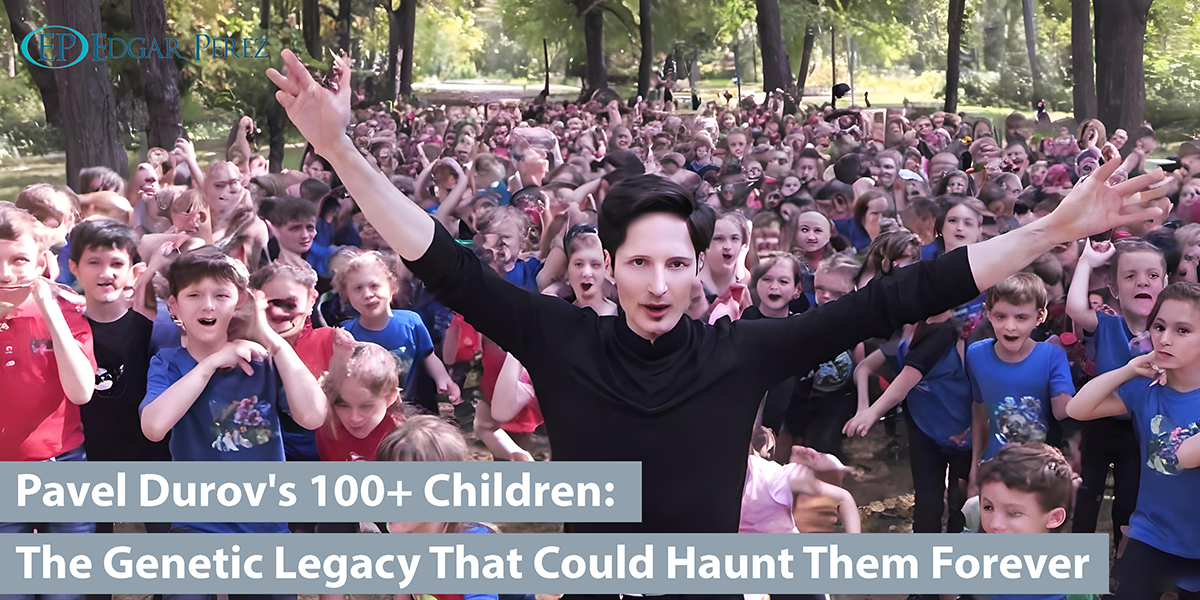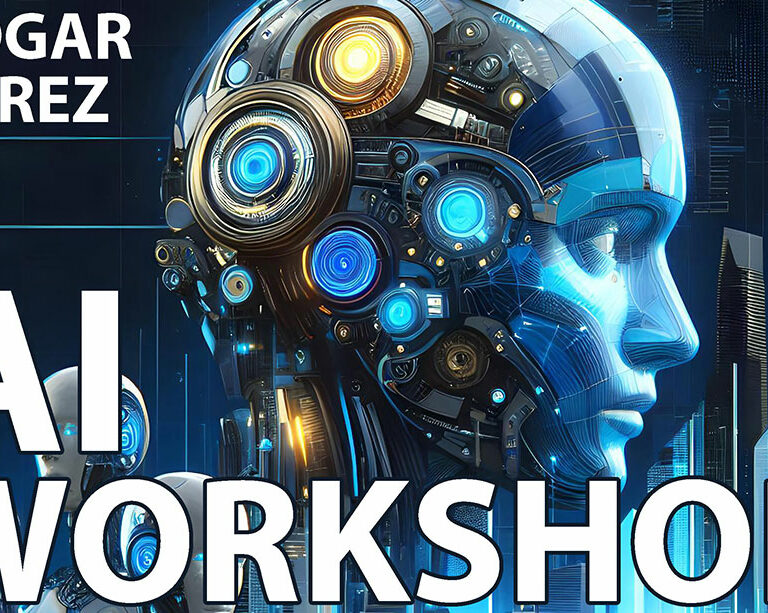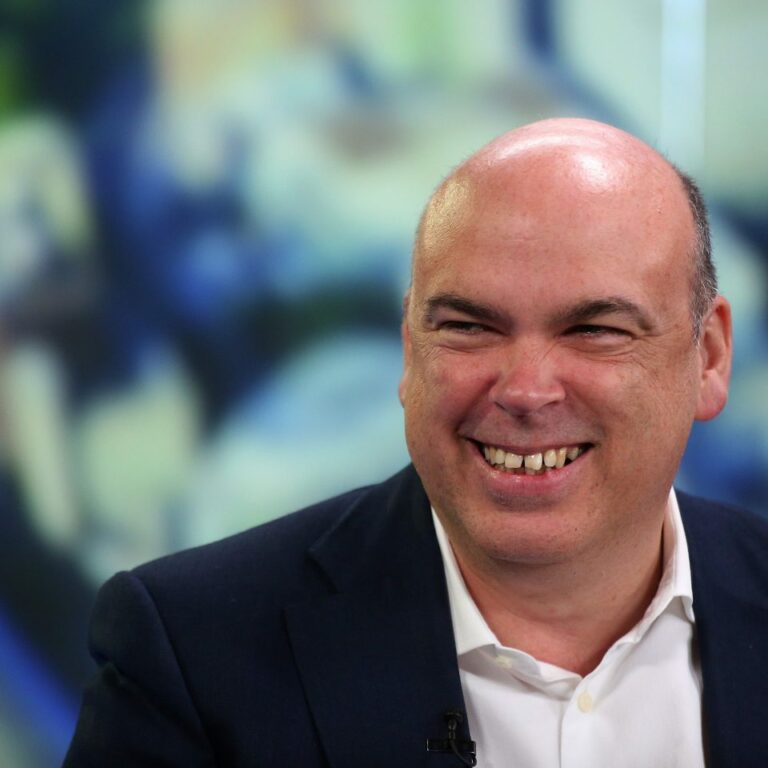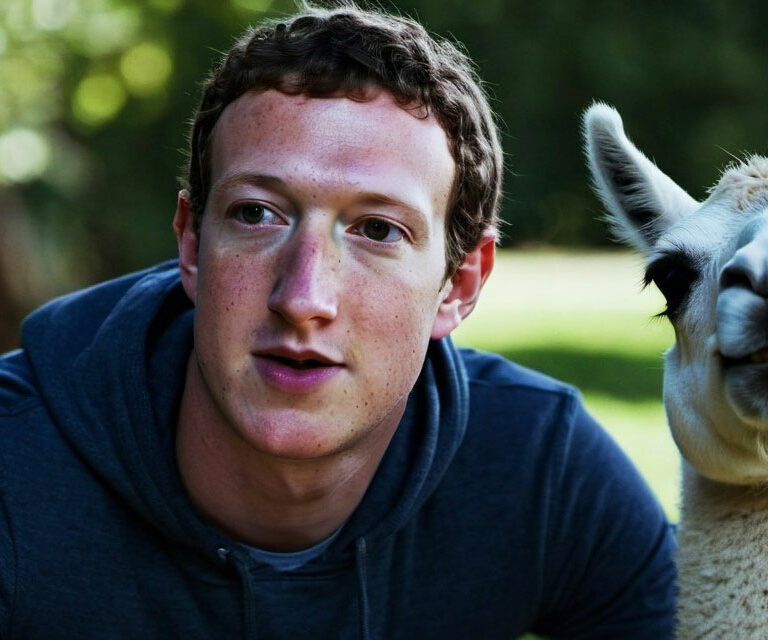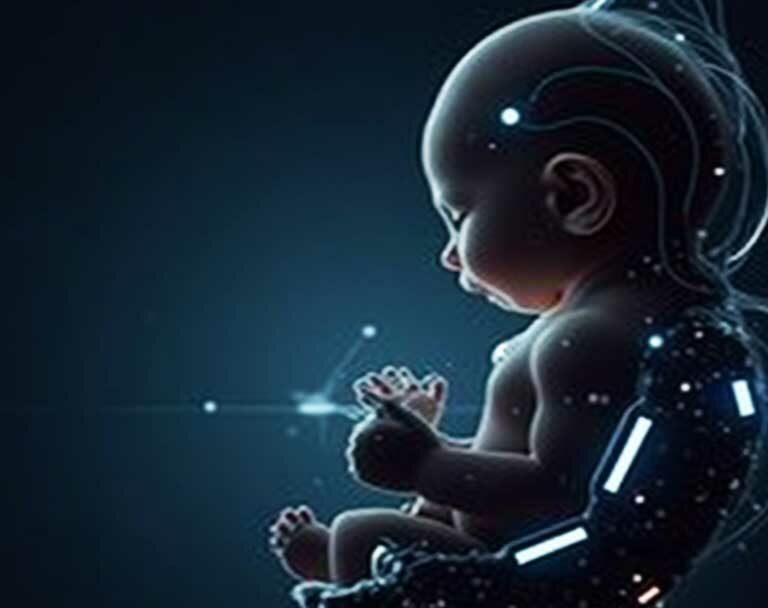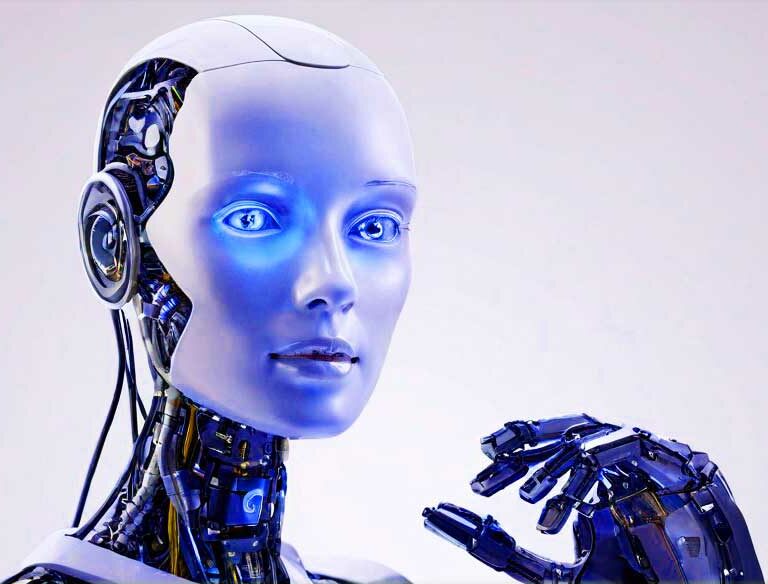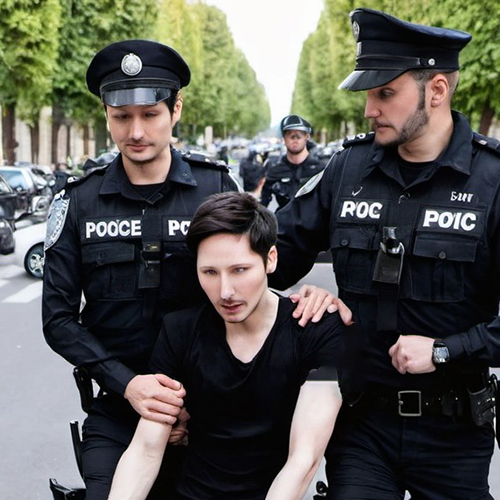 The recent arrest and subsequent release of Pavel Durov, the enigmatic billionaire behind Telegram and VKontakte, has sent shockwaves through the business and tech communities. However, it is not just his detention that has raised eyebrows; his unconventional approach to family has sparked a heated debate about the ethics of genetic legacy. As a self-proclaimed sperm donor with over 100 biological children, Durov’s decision to open-source his DNA has raised questions about the practicality and morality of his actions.
The recent arrest and subsequent release of Pavel Durov, the enigmatic billionaire behind Telegram and VKontakte, has sent shockwaves through the business and tech communities. However, it is not just his detention that has raised eyebrows; his unconventional approach to family has sparked a heated debate about the ethics of genetic legacy. As a self-proclaimed sperm donor with over 100 biological children, Durov’s decision to open-source his DNA has raised questions about the practicality and morality of his actions.On the surface, Durov’s motivations seem altruistic. By making his genetic material available to families struggling to conceive, he aims to bring joy and fulfillment to those who may have otherwise been unable to experience parenthood. However, as he acknowledges, there is a significant risk of inbreeding, a concern that has led many to question the wisdom of his approach.
The Risks of Inbreeding
Inbreeding, or consanguinity, occurs when two individuals with a close genetic relationship reproduce, increasing the chances of genetic disorders and health problems in their offspring. While Durov’s intention to open-source his DNA may seem like a solution to this issue, it is, in fact, a complex problem that requires careful consideration.
Allowing his biological children to access his DNA may facilitate connections between them, but it does not necessarily mitigate the risk of inbreeding. In fact, it may even exacerbate the issue, as individuals with a shared genetic heritage may be more likely to seek each other out.
Alternative Approaches
 So, what alternatives should Durov consider? Firstly, it is essential to acknowledge that his actions, although well-intentioned, may have unintended consequences. Rather than open-sourcing his DNA, he could explore more traditional and regulated channels for sperm donation. This would ensure that his genetic material is handled responsibly and that the risks associated with inbreeding are minimized.
So, what alternatives should Durov consider? Firstly, it is essential to acknowledge that his actions, although well-intentioned, may have unintended consequences. Rather than open-sourcing his DNA, he could explore more traditional and regulated channels for sperm donation. This would ensure that his genetic material is handled responsibly and that the risks associated with inbreeding are minimized.Furthermore, Durov could consider working with genetic counseling services to provide support and guidance to his biological children. This would enable them to make informed decisions about their own reproductive health and reduce the risk of genetic disorders.
The Role of AI in Limiting Inbreeding Risk
Artificial intelligence (AI) can play a crucial role in mitigating the risks associated with inbreeding. AI-powered genetic analysis tools can help identify potential genetic disorders and provide insights into an individual’s genetic heritage.
Moreover, AI-driven matchmaking platforms could be developed to connect individuals with diverse genetic profiles, reducing the likelihood of inbreeding. These platforms could utilize machine learning algorithms to analyze genetic data and identify compatible matches, ensuring that individuals with a high risk of genetic disorders are not paired together.
The Moral Imperative: Ceasing Genetic Material Availability
 While Durov’s actions may be motivated by a desire to help others, it is essential to consider the moral implications of his decisions. By continuing to make his genetic material available, he may be inadvertently putting his biological children at risk of genetic disorders.
While Durov’s actions may be motivated by a desire to help others, it is essential to consider the moral implications of his decisions. By continuing to make his genetic material available, he may be inadvertently putting his biological children at risk of genetic disorders.In light of this, it is crucial that Durov reconsider his approach and proactively cease making his genetic material available for anonymous use. This would demonstrate a commitment to prioritizing the well-being and safety of his biological children, even if it means limiting his own legacy.
As we navigate the intricacies of genetic legacy, it is essential that we prioritize the safety and well-being of all individuals involved, a moral imperative that Durov would do well to heed sooner than later.

